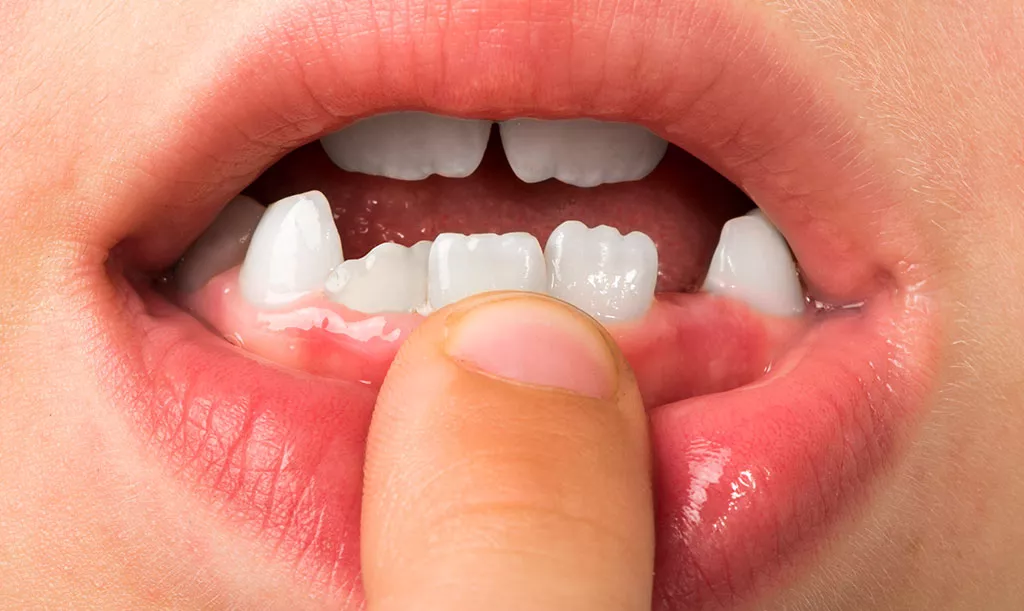Children’s oral health forms the foundation for lifelong healthy habits. The first dental visit is important not only for evaluating teeth and gums but also for establishing a positive, trusting relationship with the dentist.
📅 When Should the First Dental Exam Take Place?
Experts recommend scheduling a child’s first dental checkup either after the appearance of their first tooth or, at the latest, by the age of 1. Early visits allow for monitoring dental development and starting preventive care at the right time.
👩⚕️ What Happens During the First Exam?
The first appointment is typically short and designed to help the child feel comfortable in the dental environment. Key steps include:
- Teeth and gum assessment: Counting teeth, checking alignment, detecting cavities, and spotting any abnormalities.
- Jaw and mouth evaluation: Monitoring growth and development.
- Oral hygiene guidance: Recommendations for brushing techniques, dental products, and nutrition.
- Review of habits: Evaluating behaviors like pacifier use, bottle feeding, or thumb sucking.
👨👩👧👦 What Should Families Focus On?
Parents play a critical role in ensuring that the first dental visit is a positive experience. Consider these tips:
Preparation
- Explain the visit simply and positively: “You will meet the dentist and count your teeth together.”
- Reading books or watching videos about visiting the dentist can help familiarize the child.
Timing
- Schedule the appointment when the child is well-rested and not hungry for a smoother experience.
Positive Language
- Avoid phrases like “Don’t be afraid, it won’t hurt.” Use neutral and descriptive sentences instead: “The doctor will look at your teeth, and you will count them together.”
Supportive Presence
- Stay with the child but allow them to interact freely with the dentist.
- Praise the child for positive behavior after the visit.
Establishing Good Habits
After the first visit, routine checkups every six months are recommended. These visits help monitor dental health and strengthen the child’s trust in the dentist.
Additional supportive steps at home include:
- Brushing teeth twice daily
- Limiting sugary foods and drinks
- Maintaining proper hygiene during nighttime feeding
Conclusion
The first dental appointment is a crucial step in fostering healthy oral development and building a positive relationship with the dentist. Families who prepare their children and follow professional guidance lay the groundwork for a lifetime of healthy dental habits.
This article provides general information only. Individual treatment may vary, so consultation with a qualified dentist is essential. These materials are not a substitute for professional medical advice.











